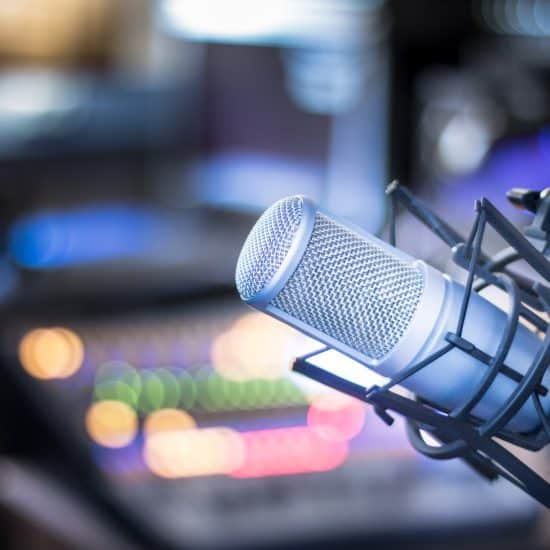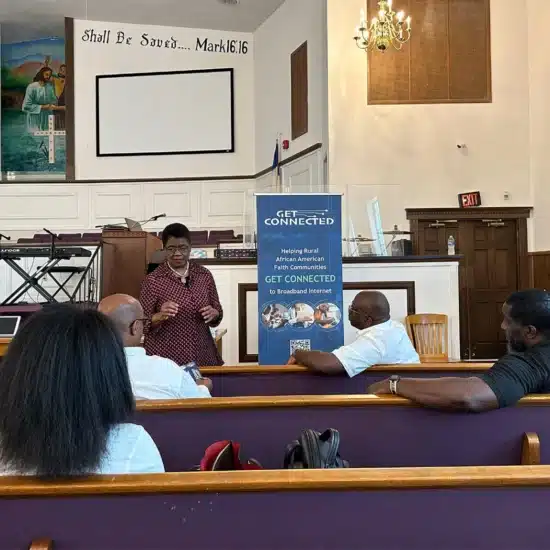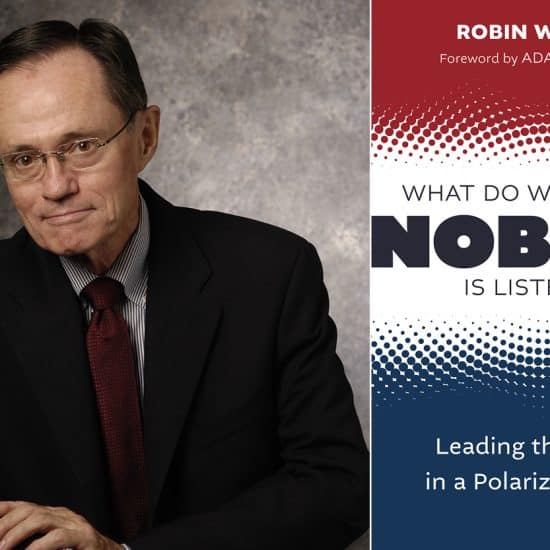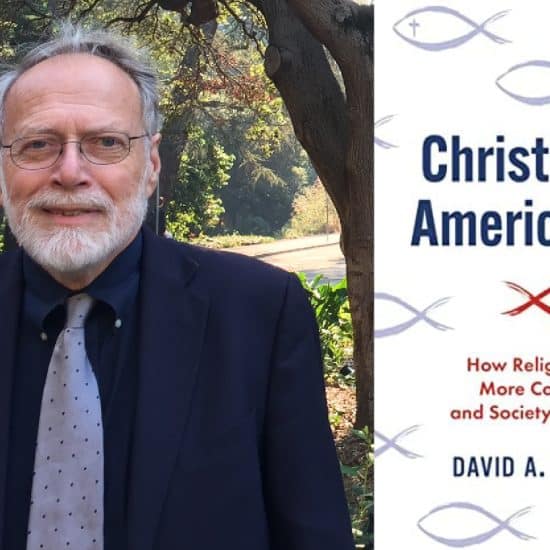By Ken Satterfield, Word&Way Advertising and Marketing Coordinator
Internet technology known as "podcasting" sounds like something out of a science-fiction movie. The term comes from blending "broadcasting" and Apple's popular iPod device.
In spite of that, you don't have to purchase an iPod to be able to use the technology. A comparison of mp3 devices, reviews and recommendations can be found at CNET (snipurl.com/mp3comparison).
Many will be familiar with these devices as music players. Podcasting goes further, allowing you to receive a file — audio or video primarily — when you want it. Files not only can include messages, talk show presentations or any type of recording, but also images, PDF and other file types.
The truly unique aspect of podcasting is that it allows the recipient to time-shift. RSS (really simple syndication) and Atom feeds allow you access to what you want by attaching your mp3 player to a computer and subscribing online. Unlike e-mail or your home mail delivery, you don't have to worry about spam or junk mail, and you can change a subscription at any time. Best of all, subscriptions are free.
Running in the background, software gathers new entries to a subscription as they become available. These can be played from the computer using QuickTime, Windows Media Player or iTunes (all free) or transferred to a portable mp3 player.
The freedoms of personal choice and portability have made podcasting an increasingly influential part of society:
Ӣ John Edwards was the first high-level politician to start a podcast in March 2005.
Ӣ President Bush has an RSS feed for his weekly radio broadcast.
Ӣ Last July, podcasts had their own awards event with 20 categories.
Ӣ Video can now be carried on Sony PSP game consoles.
Ӣ Dublin and other tourist areas podcast walking tours.
Ӣ Television programming and the NCAA basketball championship are being sold.
Ӣ Businesses, such as Paradyne, provide podcasts to communicate with their sales force.
Directories of Christian-related podcasts are found at OnePlace.com and Hwy777.com, or by searching for "Christian" or "Baptist" at more generic directories such as Podcast.net, Podcastingnews.com or Podcast411 (podcast411.com/page2.html). You will find information from noted speakers such as Max Lucado (maxlucado.com), Luis Palau (www.palau.org), along with several Baptist churches in Missouri, such as Northgate Baptist in Kansas City (northgatebaptist.org/podcast.htm), First Baptist Church, Raytown, (first baptistraytown.com) and Second Baptist Church, Springfield (second baptist.org).
You can also find more information by searching for podcasting at wikipedia.org. Tutorials and instructions on how to podcast are at www.podcastfreeamerica.com, or snipurl.com/cnetpod allows you to get started for only about $50. A guide designed especially for churches can be found at Creative Church, snipurl.com/churchpods. You should keep in mind possible legal issues when using copyrighted music and other materials.
The technology offers the potential for churches and other ministries. Keep in mind that podcasting is equally useful on a PC, Mac or portable device, and suddenly sermons, seminars, welcome messages and age-related programming are possibilities for any congregation.
Johnny Leckie of Compass Church in Roanoke, Texas (snipurl.com/Lekieideas) shares several ideas about going beyond offering "just" a sermon.
Consider the innovative ways your church can communicate at the times when people can best listen and be receptive to its message. (3-23-06)






